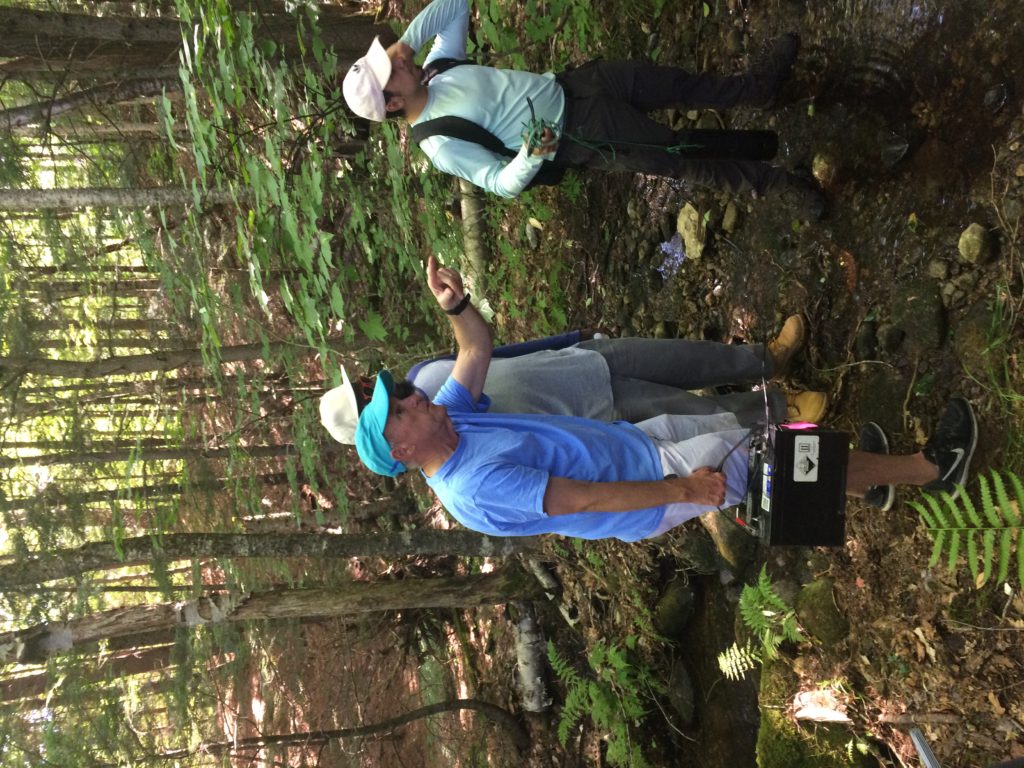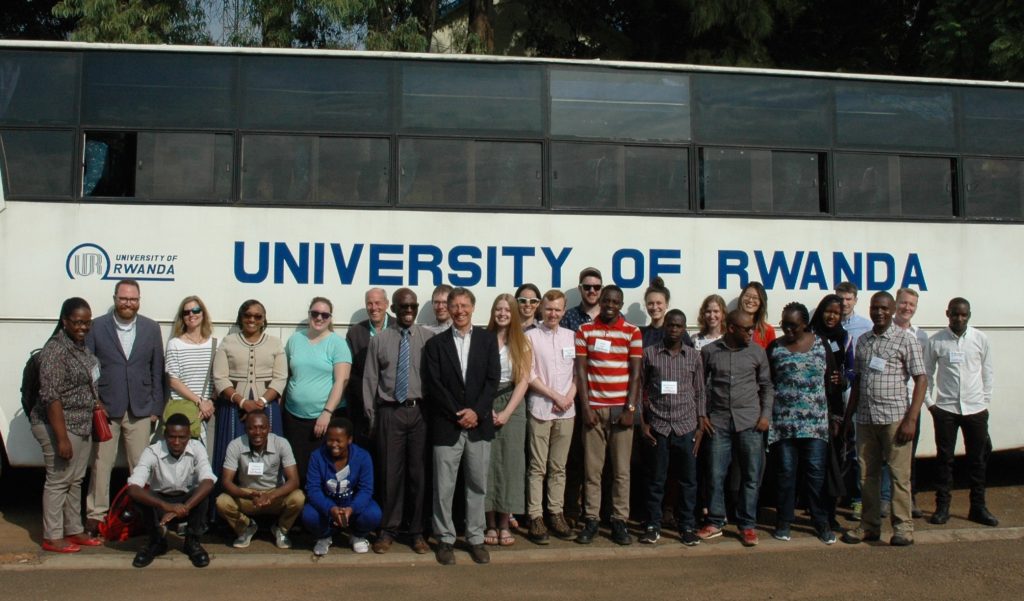I teach courses in environmental engineering, aquatic chemistry and biogeochemistry. The following are a brief summary and syllabi for my classes:
This is an advanced graduate class in understanding aquatic chemical systems through thermodynamic chemical equilibrium calculations. The theory and principles of stoichiometry and chemical thermodynamics are discussed, including non-ideal effects. Acid-base, precipitation-dissolution, aqueous coordination and oxidation-reduction reactions are discussed by solving chemical equilibrium problems. Chemical equilibrium software is used and applied in the solution of problems.

This graduate class involves the study of the transport and cycling of major elements in environmental systems. The role of human disturbance in element cycles is emphasized, particularly under changing climate. The class includes video lectures and class room discussion of the topics in the lectures. The class initially includes background material on the causes and effects of climate change, biogeochemical processes of the atmosphere, hydrosphere and lithosphere, and methods used for biogeochemical study. The second half focuses on the biogeochemistry of major elements: carbon, nitrogen, sulfur, phosphorus, metallic cations and mercury, and the interaction of these elements. The class involves interpretation, and oral and written presentations of biogeochemical data by students.
Climate Change Law, Science, Perception and Policy (CEE 600)
Climate change is one of the most pressing issues of the twenty-first century. This course examines it from a multidisciplinary perspective that blends natural science, politics, economics, and law. It will cover: the drivers behind anthropogenic changes in the composition of the atmosphere that are causing climate change; the response of the global climate system; the global carbon, water, and nutrient cycles; local vulnerabilities of natural and social systems to climate change, and the likely impacts on those systems; actions that could reduce the impacts of climate change through adaptation; and actions that could mitigate the problem by reducing changes in the composition of the atmosphere. The course is intended to bring together students from a diverse range of backgrounds and does not have specific prerequisites.
Field class in Hydrologic and Biogeochemical methods (CEE 700)
This field methods class was largely organized for the benefit of students in the EMPOWER program. #EMPOWER It was taught (August 2020) at the Hubbard Brook Research Forest, NH and in Central NY. Plans are underway to teach the class in Rwanda 2022.
